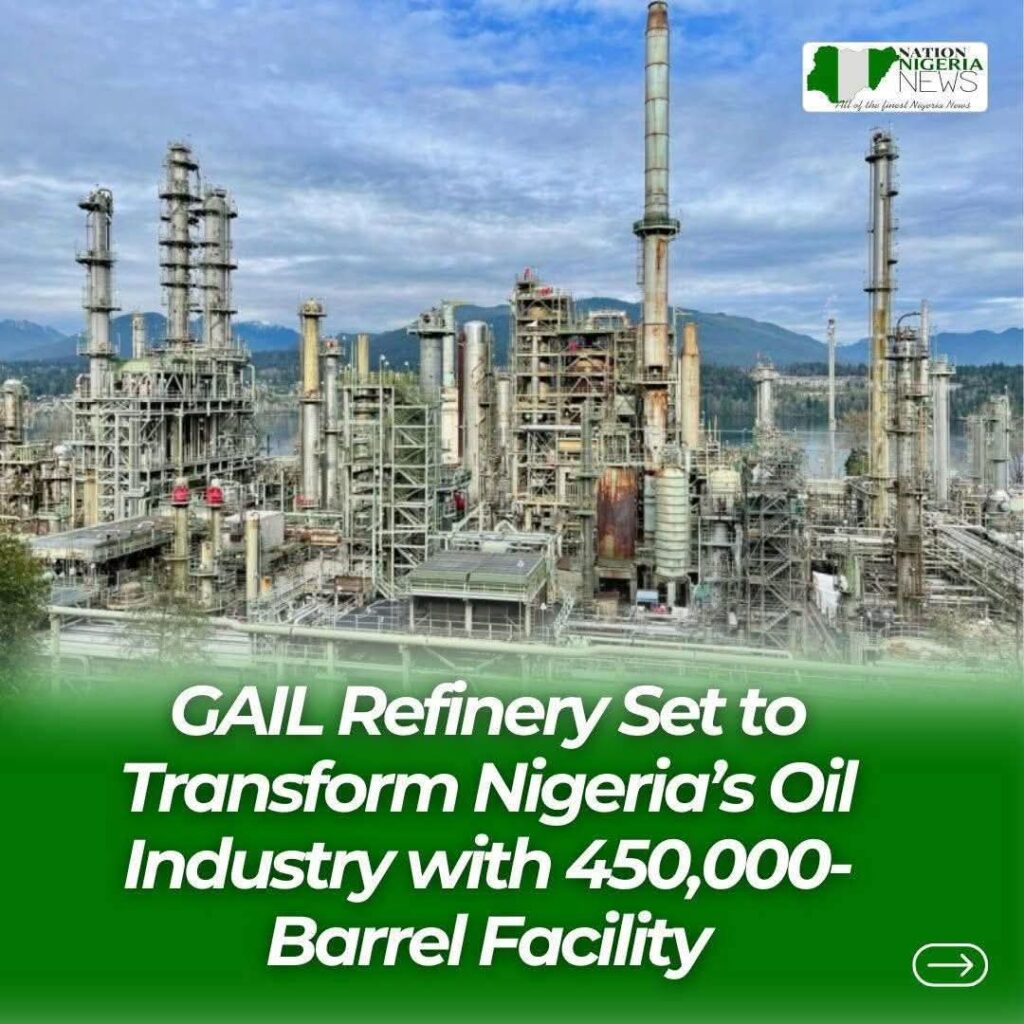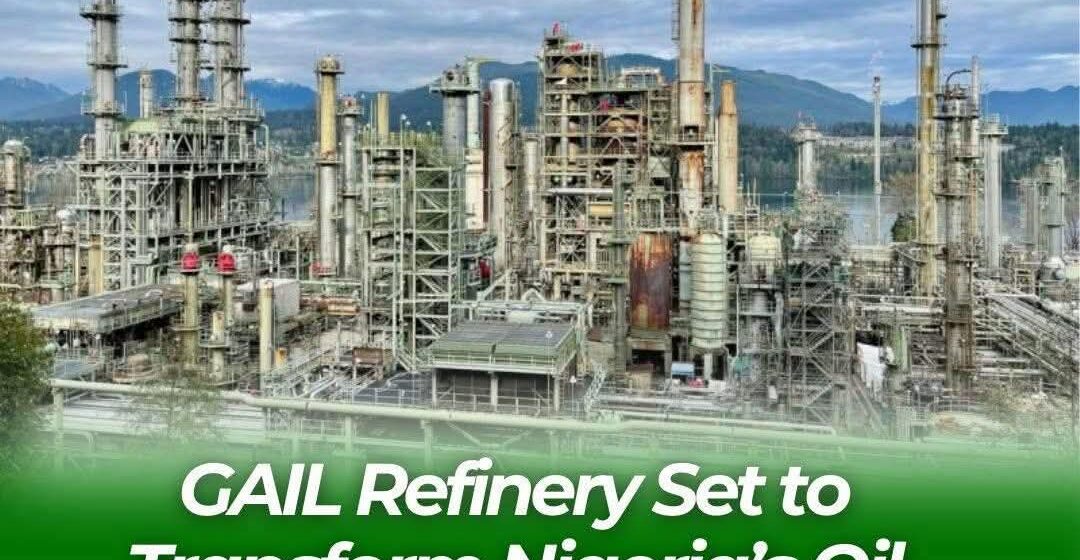Nigeria is on track to welcome its second-largest refinery after Dangote Refinery, as Gasoline Associates International Limited (GAIL) unveils plans to build a massive facility in Ipokia, Ogun State.
The refinery, spearheaded by Chairman and CEO Dr. Lukman Akande Bolaji, will launch with an initial processing capacity of 100,000 barrels of crude oil per day, before expanding to 450,000 barrels daily. Once fully operational, it will trail only Dangote’s Lagos mega-refinery in size, significantly reshaping Nigeria’s refining landscape.
Designed to cut the country’s dependence on imported petroleum products, the GAIL plant will produce Premium Motor Spirit (PMS), Automotive Gas Oil (AGO), Liquefied Petroleum Gas (LPG), Jet Fuel (ATK), and other petrochemicals for both local and international markets.
Bolaji, a seasoned professional with over 25 years of experience across IT, banking, energy, and international consulting, is positioning the project as a cornerstone of Nigeria’s industrial and energy future. With fellowships across top global institutions and a strong record in international business, he brings a blend of technical expertise and global partnerships to the venture.
According to industry analysts, the GAIL refinery strengthens Ogun State’s emergence as an industrial hub, while advancing West Africa’s energy independence. The project has already drawn interest from local and international stakeholders, with the WOFBI Alumni Association describing Bolaji’s leadership as both transformational and values-driven.
The development comes as the Federal Government ramps up efforts to expand local refining. The Nigerian Midstream and Downstream Petroleum Regulatory Authority (NMDPRA) recently issued nine new licences for modular refineries, with seven cleared for construction and four for operational takeoff.
Meanwhile, competition in the refining sector is heating up. Dangote Refinery is already working on an upgrade to boost its capacity from 650,000 barrels per day to 700,000, positioning it among the six largest refining facilities globally.
As GAIL’s ambitious refinery project takes shape, industry watchers say it could usher in a new era of reduced fuel imports, strengthened energy security, and greater investment inflows into Nigeria’s petroleum sector.



